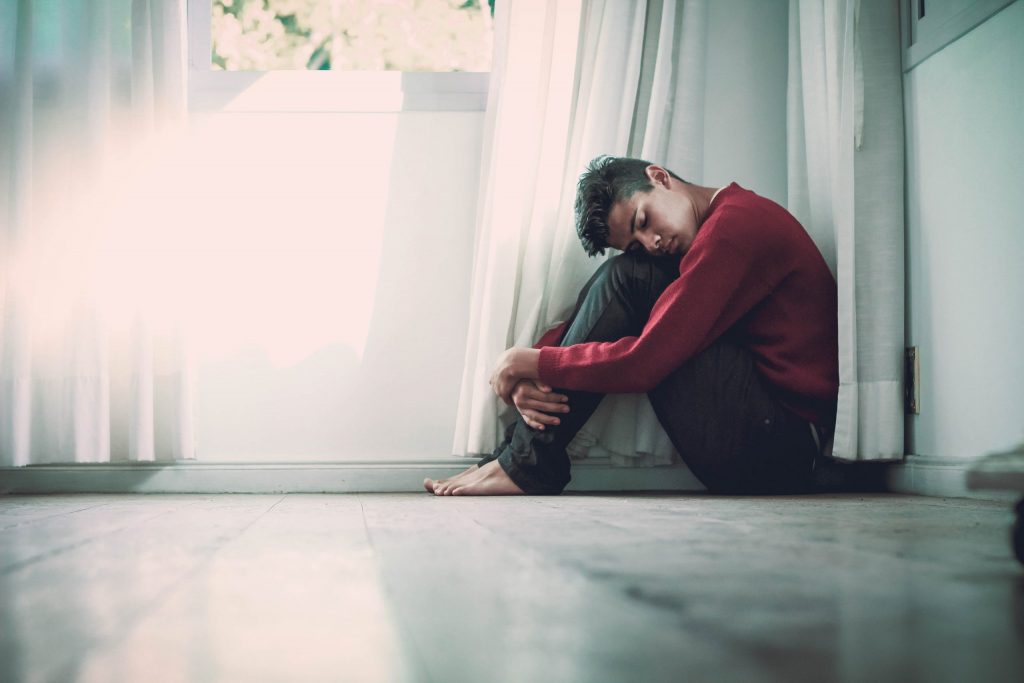
Today most of the world’s population is experiencing anxious conditions to one degree or another.
Given that no one knows when the pandemic and quarantine will end, or how it will affect the global economy, it can be assumed that the psychological discomfort of people will only grow in the near future. In such a situation, it is important to understand how to recognize adaptive anxiety.
Diagnosing Anxiety Disorder
Here is a checklist of five signs by which you can suspect pathological anxiety in yourself.
“False alarm”
You worry about some kind of “threats” that are greatly exaggerated, exist only in your imagination, or can only come in the future. This, for example, is the fear of job loss amid the crisis – in a situation where your industry and company do not yet show any signs of stagnation.
The constancy of anxiety
You always evaluate potential threats, think about what terrible events can happen to you – and how to prevent them. The story of the constant disinfection of surrounding objects and washing your hands every half hour is just about that.
Violation of adaptation
Your anxiety prevents you from functioning normally, doing what you want. In my case, for example, anxiety disorder due to thoughts about the future became so acute that in the present I could not do my job – I had to take a few days off to bring myself to my senses.
Hypersensitivity
You tend to get scared from the slightest incentive – one that is not capable of causing strong anxiety in a healthy person. Are you startled when you meet a person at a distance of fewer than 1.5 m on the street or in a store? This is it.
Cognitive impairment
In anxiety disorder, cognitive functions also break down: you believe that some kind of threat is real, although all logical arguments suggest that it is not. On the basis of such cognitive impairments in people suffering from increased anxiety, various conspiracy theories associated with the coronavirus have been born – if you also believe in them, this is an occasion to suspect anxiety disorder.
Quarantine Tips
Finally, we want to share some of the life hacks for those who suffered from coronavirus. These recommendations are especially useful in the fight against increased anxiety during the quarantine.
- Leave as much as usual to make it look like a previous life. Save the routine.
- First of all, help yourself. Yes, you need to pay attention to other people, but if you can not help yourself, then you certainly can not help anyone.
- Unsubscribed from some resources: groups on Facebook, news portals, so as not to run into information that may frustrate you in the near future or for a long time.
And most importantly – remember that quarantine is an opportunity to slow down. Just relax and do nothing new. Be in silence, do not to run anywhere.
Picture Credit: Unsplash